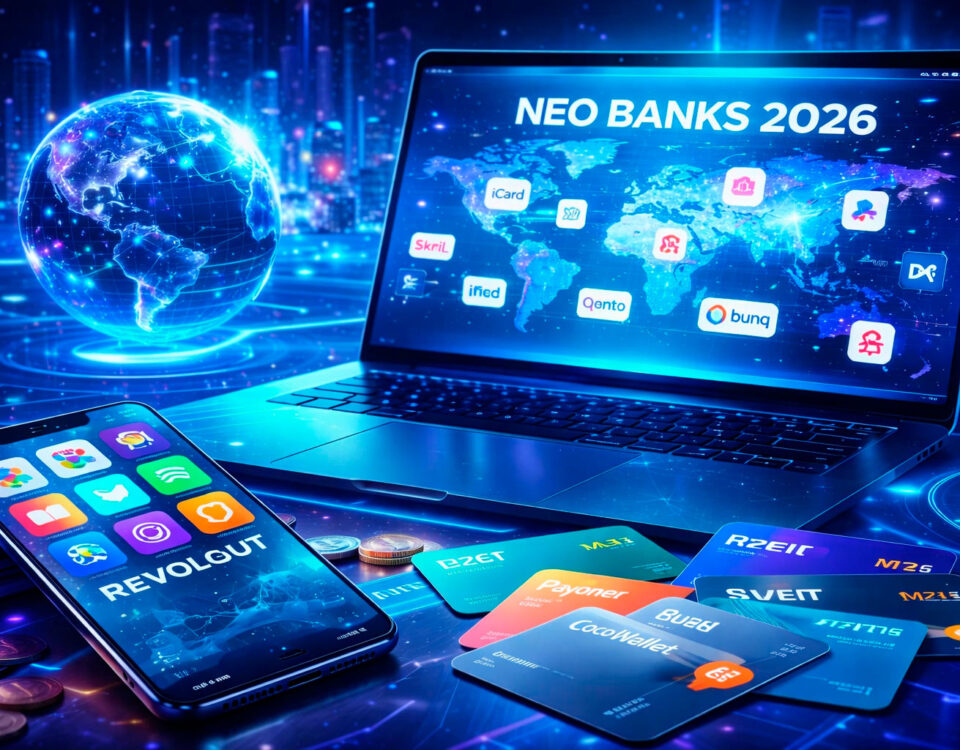
Schengen Zone Visa Denied
21/03/2024
What is SWIFT GPI?
30/03/2024In the quest for enhanced privacy and security, many individuals seek out anonymous cards to manage their finances
But, how can I get an anonymous card without the traditional ties to personal information that come with bank-issued cards? Achieving true anonymity with a financial instrument like a debit card is a complex task due to stringent regulations aimed at preventing fraud, money laundering, and terrorism financing.
But there are still ways for people who want a more private debit card: virtual anonymous cards. We discovered a provider of such cards that works with a cryptocurrency platform.
OPM doesn’t work directly or indirectly with this platform, so you’ll need to investigate it yourself. However, we think their offer is worth checking out, so we’re sharing it with you.
You’ll need to sign up for a free account and purchase USD100 worth of their tokens to start the card process. You can load up to USD 1000 on the card in US dollars or up to 1700 in euros cards. Be aware that there are some small fees, so check those before you buy. We believe the card is a better deal when used with euros.
To use a virtual card in a physical store, the key is integrating it with a digital wallet on your smartphone, such as Apple Pay, Google Pay, or Samsung Pay. This process involves entering the virtual card’s details into the digital wallet app, which securely stores the information on your device.
Once added, the virtual card can be used similarly to a physical debit or credit card for contactless payments at retail outlets. When you’re ready to make a purchase, you simply unlock your phone and hold it near the store’s payment terminal.
Digital wallets to use virtual anonymous cards
The terminal communicates with your digital wallet app through near-field communication (NFC) technology, processing the payment without the need for a physical card.
This method not only preserves the convenience of using a debit or credit card in stores but also adds a layer of security, as the actual card numbers are never shared with the merchant. Instead, a unique, encrypted code is used for each transaction, protecting your card details from potential fraud.
The compatibility of this setup with various retailers depends on their acceptance of contactless payments. Many modern stores are equipped with NFC-enabled payment terminals, making it increasingly common to pay with a smartphone. However, it’s always a good idea to have an alternative payment method on hand, as not all merchants may support contactless payments.
This approach to using a virtual card in-store bridges the gap between the digital convenience of online shopping and the physical experience of retail shopping. It leverages the security and privacy of virtual cards, alongside the widespread acceptance of contactless payment technology, to provide a seamless and secure shopping experience.
Actually, one of the most accessible options for obtaining a quasi anonymous card is through the purchase of virtual prepaid debit anonymous cards available in the market.
While some prepaid anonymous card providers may require registration and a minimal amount of personal information for online purchases or to reload the card, some can be used without any form of identification for in-store purchases up to the amount initially loaded onto the card.
For those seeking to make online transactions or require a card that can be reloaded without going to a physical store, exploring options for virtual debit cards might be worthwhile. Several fintech companies offer virtual cards that can be funded through cryptocurrencies or other digital assets, providing an additional layer of privacy.
Shopping online and in stores with your anonymous card
These virtual cards are primarily used for online shopping, bill payments, and subscriptions, where physical card presentation is unnecessary.
The anonymity factor in this scenario is heavily dependent on the method of funding the card; using cryptocurrencies can enhance privacy, though complete anonymity is challenging to achieve due to the traceability of digital transactions on the blockchain.
Another consideration is international prepaid debit cards offered by financial institutions outside of one’s home country. Some of these cards have more lenient requirements for personal information, particularly if they are designed for travelers or expatriates.
However, navigating the regulatory landscape of foreign countries can be complex, and the level of anonymity may vary significantly from one jurisdiction to another.
It’s essential to understand that while the pursuit of an anonymous debit card is driven by legitimate concerns over privacy and security, the ability to obtain and use such a card is limited by legal and regulatory frameworks designed to protect the financial system.
Anti-money laundering (AML) and know your customer (KYC) regulations in many countries require financial institutions, including those issuing prepaid cards, to perform due diligence on their customers.
Whether through virtual prepaid anonymous cards purchased with cash, virtual cards funded by cryptocurrencies, or international options with less stringent requirements, individuals can explore these avenues while being mindful of the limitations and responsibilities that come with financial privacy.





